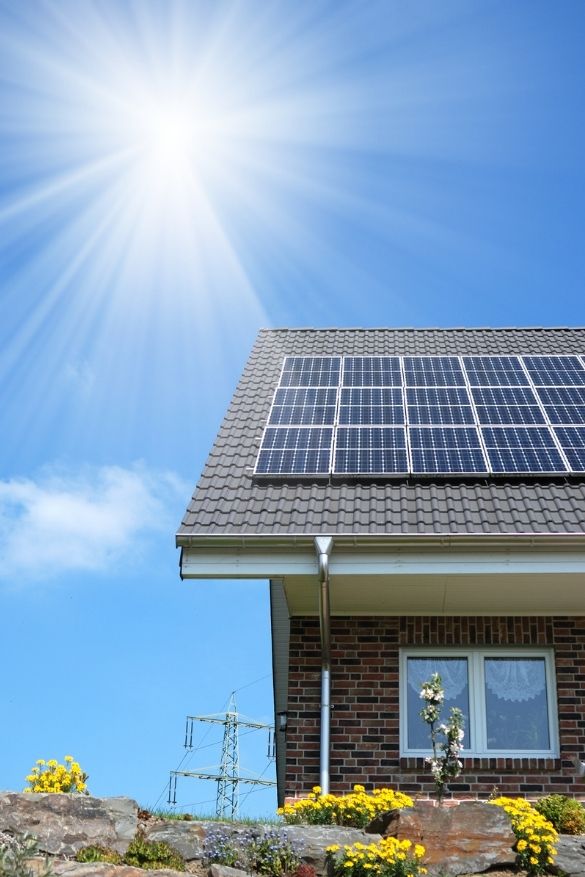
10 Important Facts about Solar Energy
Solar panels that produce and store electricity with many cells on them are very important energy tools. Different brands and systems make the energy they collect from the sun usable at different rates. Light with a certain wavelength is converted into electricity and used in daily life. The surplus energy can be transferred and sent to different regions. Although this state-of-the-art method is quite new, it is very important for both the environment and the economy. You can grasp the importance of this system even more once you learn the important facts about solar energy.
10 Facts You Should Know About Solar Energy
1- Solar power plants are of 2 types. These types are called photovoltaic systems and thermal systems. The properties of both are different from each other. In the photovoltaic system, the radiation reflected from the sun is converted into electrical energy through panels. In thermal systems, sun rays travel through special mirrors and convert mechanical energy into kinetic energy.
2- Solar panel models have a modular structure. These panels, which can be connected in parallel or in series, allow the most ideal charging during four seasons.
3- Solar panel prices vary according to efficiency. With developing technology, many brands now produce solar energy systems. As the amount of KW produced by the panel per hour increases, its price will also increase.
4- A charge regulator can be used in the system to ensure that the battery is not damaged by overcharging. After the solar panel and its number are determined, the battery group is added to the system when there is no radiation and energy is needed. The regulator protects the battery by blocking the current supplied from solar cells or by cutting the current of the load.
5- All solar panels in the market are tested at 25 °C temperature and 1000 w / m2 light radiation. Some values are obtained after this test. These values reveal the quality of the solar panel.
6- When the terminals of the solar panel aren’t connected to a load under standard test conditions, the output voltage of the solar panel is called Voc. The higher the quality of the panel, the higher the VOC level. Also, the VOC level is affected by the operating temperature of the solar energy system.
7- Under standard test conditions, the maximum amount of power carried by a panel is expressed in the maximum PowerPoint. The higher the maximum power point indicates the quality of the panel. This value is denoted by Wm or Wp.
8- Solar panel efficiency is the ratio of maximum power to input power under standard test conditions. The input power of the panel is considered as 1000 watts / m².
9- The number of batteries varies depending on the power desired to be obtained from the panel. Today, as a standard, panels have a 15 V output value.
10- There are 3 main types of solar energy panels: monocrystalline, polycrystalline, and thin film.


